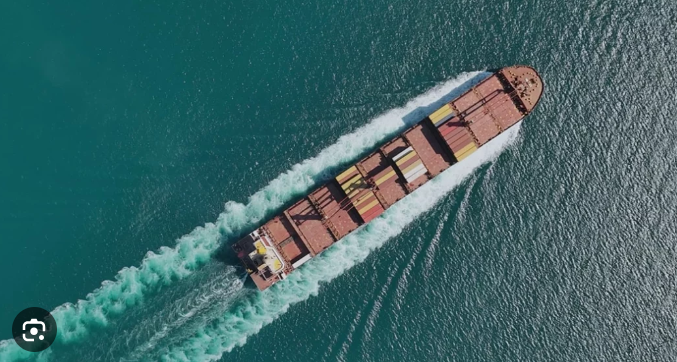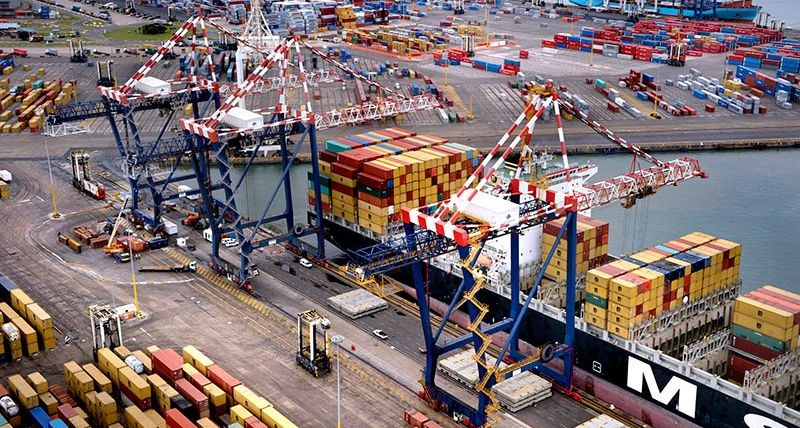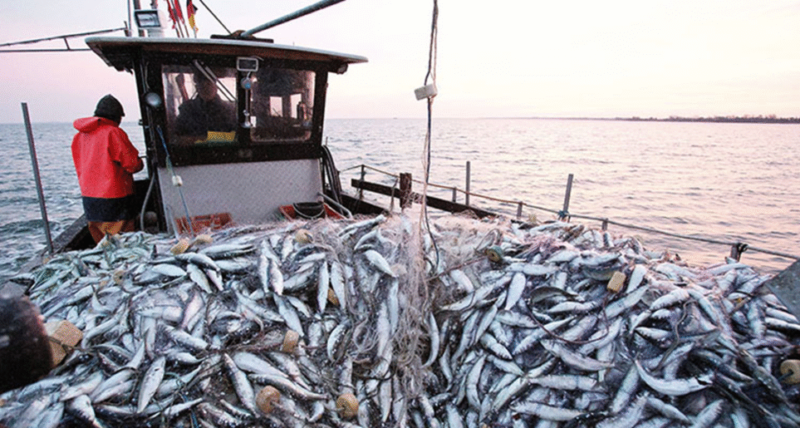
The global ocean economy—often referred to as the “blue economy”—has shown remarkable economic vitality over the past decades. A recent analysis by the Organisation for Economic Co-operation and Development (OECD) reveals that its value has doubled in real terms between 1995 and 2020, rising from USD 1.3 trillion to USD 2.6 trillion. However, this upward trajectory is now under threat. The OECD’s new report, “The Ocean Economy Towards 2050,” emphasizes that coordinated and reinforced government action is now essential to ensure not only continued prosperity but also the long-term sustainability of the ocean economy.
Pillars of Maritime Growth and Their Global Contribution
Several dynamic sectors have driven this substantial economic expansion. Offshore oil and gas extraction, booming maritime and coastal tourism, traditional fishing and aquaculture industries, and global maritime transport with associated port activities are the key pillars of this growth. Together, these sectors have accounted for a significant share of the global economy, contributing between 3% and 4% of global gross value added (GVA) over the past 25 years. This contribution has remained remarkably stable, demonstrating the sector’s historical resilience.
Serious Threats Loom Over the Future of the Blue Economy
Despite past successes, the ocean economy now faces major challenges that could slow—or even reverse—its future growth. The OECD report identifies several critical threats: the growing impact of climate change on marine ecosystems and coastal infrastructure, demographic pressures on coastal areas, potential disruptions in supply chains and international trade, and an alarming lack of strategic investments—particularly in productivity improvements and the transition to marine renewable energy.
2050 Projections: Between Contraction and Moderate Growth
The OECD’s projections for the coming decades are mixed and heavily dependent on policy decisions made today. The report issues a clear warning: if investments—especially in sustainability and innovation—remain insufficient, the global ocean economy could experience a significant contraction of around 20% between 2020 and 2050.
On the other hand, a more optimistic scenario is possible. A determined acceleration of the energy transition, combined with broader adoption of technological and digital innovations, could allow the sector to continue growing—albeit at a potentially slower pace than observed between 1995 and 2020.
The Urgency of Strengthened and Cooperative Maritime Governance
In light of these challenges, OECD Secretary-General Mathias Cormann stresses the need for immediate and coordinated political action:
“Improving ocean policies and international cooperation in this domain is an economic imperative. Through science-based policies, better marine spatial planning, and innovative digital solutions, we can protect the jobs, livelihoods, and food security of the hundreds of millions of people who depend on the sea.”
While progress has been made in recent years—including the development of national maritime strategies, implementation of marine spatial planning, and improved statistical monitoring—significant challenges remain. Increasing market concentration in certain sectors and the fight against illegal maritime activities demand greater efforts from policymakers and deeper international collaboration.



